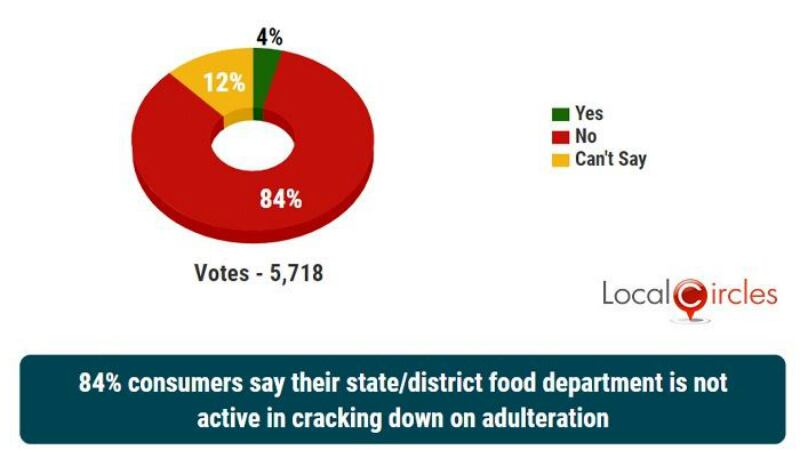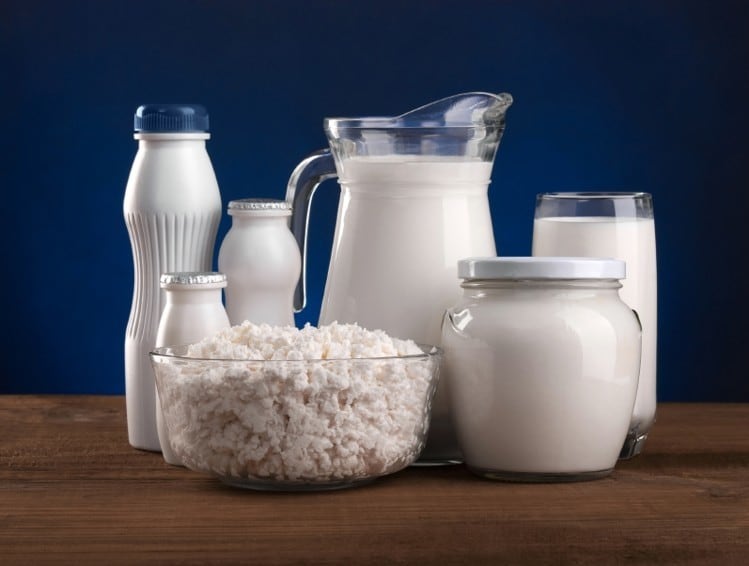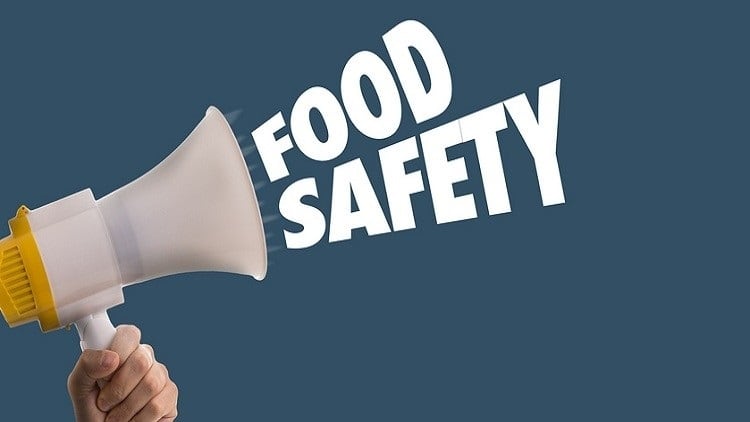In a press conference, Bangladesh Minister of Food Shadhon Chandra Majumder said that the government has adopted a ‘zero-tolerance policy’ towards food adulteration, deeming these perpetrators to be ‘enemies of the nation’.
“The level of punishment will be increased to stop food adulteration. If needed, we will make provisions for capital punishment or life imprisonment by amending the present Food Safety Act, 2013,” said Majumder to The Independent.
Describing food adulteration as a ‘crime against humanity’, he added that the Ministry of Food was holding hearings via mobile courts with regard to the issue.
“The number of mobile courts will be increased to stop food adulteration,” he said.
The ministry’s suggestion on increasing punishments for adulterators received support from former Ministry of Health and Family Welfare Mohammed Nasim, who called for the capital punishment during an iftar (fast-breaking) event.
According to Dhaka Tribune, Nasim said: “Those who push the countrymen to death by adulterating food, are enemies of the country as well as the nation. Capital punishment should be executed against them.”
This is not the first time that more serious punishment has been considered for food adulteration in the region. In November last year, the state of Maharashtra in India also said that life imprisonment would be implemented for such offenses.
Many laws, little progress
At present, some 15 food safety laws have been established in Bangladesh to guide and enforce food safety in the country – but the wide variety and high frequency of food adulteration has painted a picture of limited success.
Known adulterants include arsenic, formalin, dyes, fertilizer, metals, poor quality raw ingredients and more applied across a near-unlimited range of food items including fish products, fruits, dairy, soups, beverages, biscuits.
Earlier this month, 52 food products were banned in the country after the Bangladesh Testing and Standards Institution (BSTI) had identified these to be adulterated or substandard.
New Age Bangladesh said that when the BSTI released its report revealing the 52 compromised food items earlier this month, the Conscious Consumer Society (CCS) had sent a legal notice to various governmental agencies on May 6 urging immediate action but received no response.
This was later brought to the attention of the High Court, which summoned BSTI and BFSA officers for explanation and culminating in the banning of the compromised food products.
Dairy adulteration
Milk and milk product adulteration in particular has been exceptionally rampant in the country.
In February this year, national food safety authorities including the Bangladesh Food Safety Authority (BFSA) and BSTI were ordered by the High Court to submit a report on the milk adulteration situation locally.
They were also ordered to explain ‘why their inaction and failure in preventing adulteration and taking appropriate legal steps against it should not be declared illegal’.
The submitted report was found to not contain any identification of the adulterators, and the High Court ordered for a more detailed report to be submitted by latest June 23.
According to Dhaka Tribune, head of the National Food Safety Laboratory (NFSL) Dr Shahnila Ferdous, the individual who first revealed the lab’s findings on high levels of contamination in the country’s dairy, submitted a report listing the relevant adulterators to the High Court on May 21.
In the report, 30 curd-producing companies, 30 fodder companies, 31 packet milk companies, 96 raw cow milk producers, and several individuals were named.
BSTI and BFSA were purportedly berated by the court for not being able to do the same sooner.
“If the NFSL could do it, why couldn't you? [You] are not conducting any research,” said the bench.





